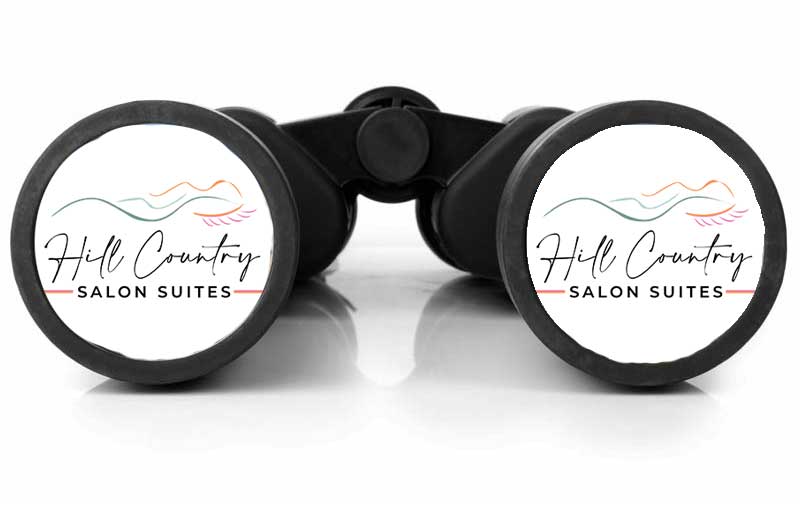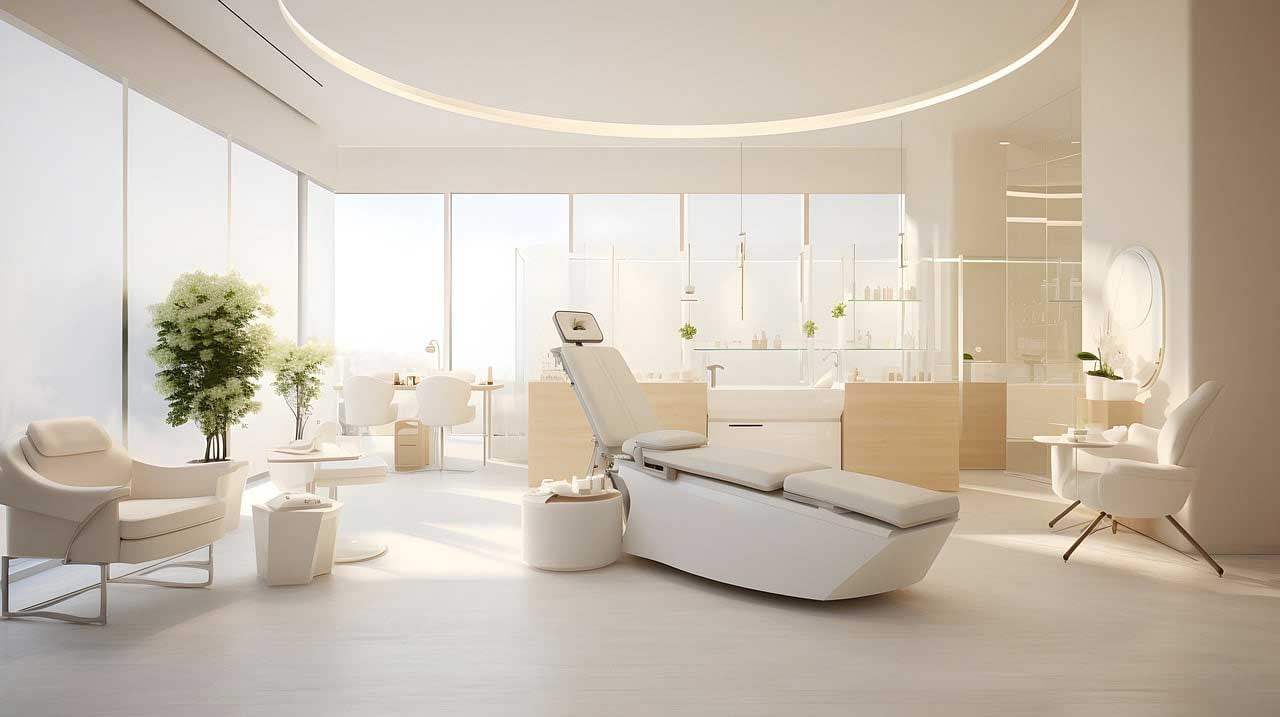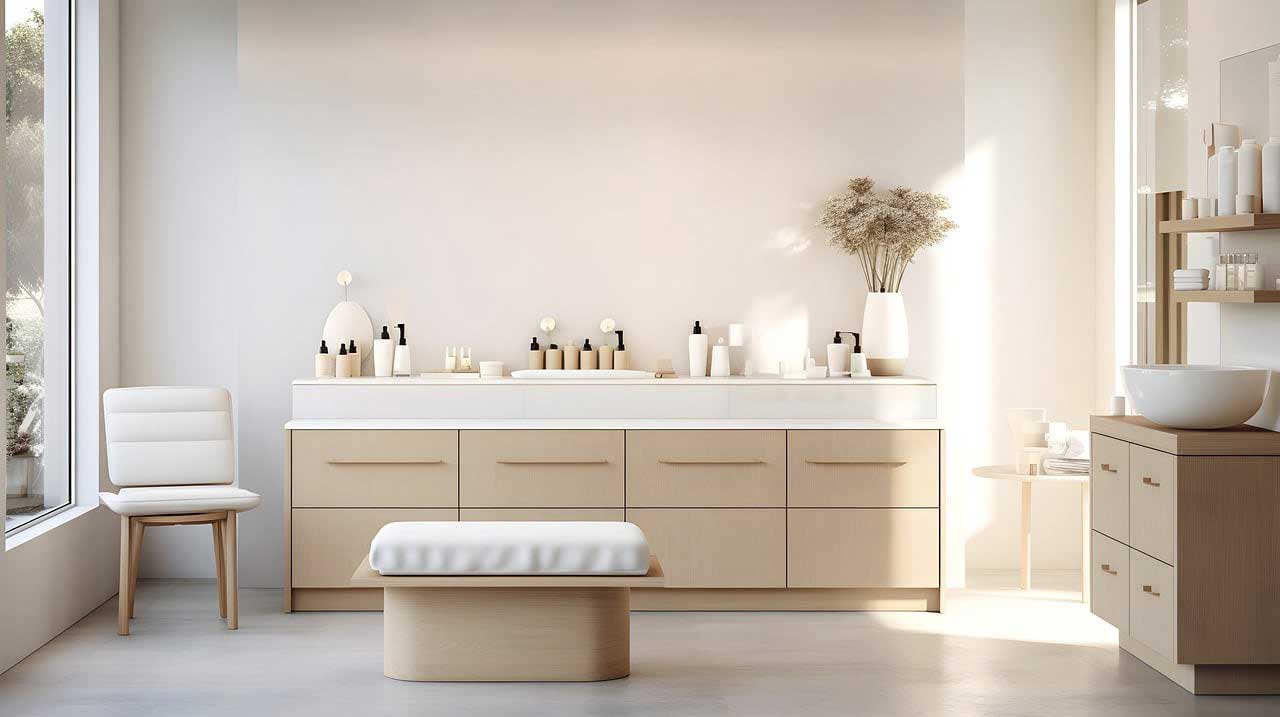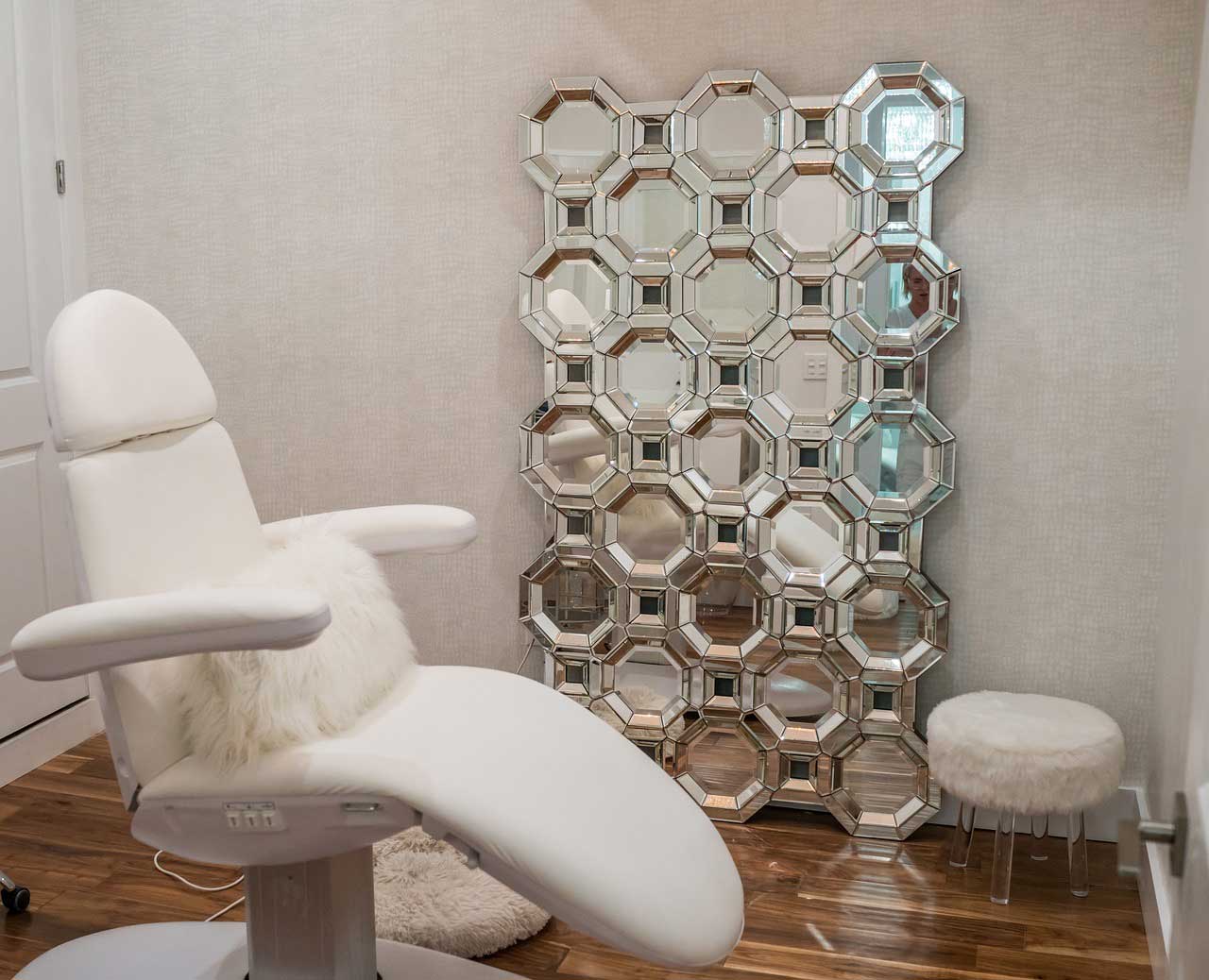Unlocking Success: The Ultimate Guide to a Salon Suite
An article that provides an overview of the salon suite, including their definition, benefits, challenges, the salon suite business model, factors to consider when renting, and success stories of salon professionals who have transitioned to salon suites.
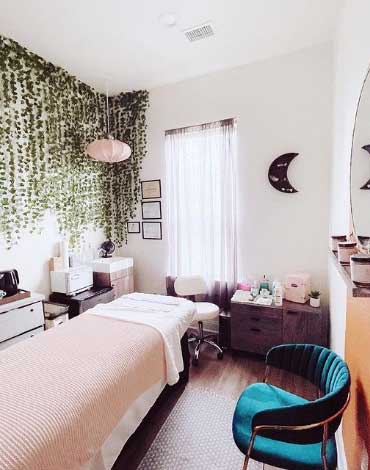
Overview of the Salon Suite
Salon suites have revolutionized the beauty industry by offering beauty professionals the opportunity to rent private spaces within a larger salon facility, enabling them to run their businesses independently. This model not only provides professionals with autonomy but also allows them to design and customize their space to reflect their brand and cater to their clientele’s specific needs. For example, a hairstylist renting a salon suite can create a cozy and intimate atmosphere by incorporating personalized decor elements and offering niche services tailored to their target market.
Moreover, the growth of the salon suite industry signifies a shift towards empowering beauty professionals to take control of their careers and financial destinies. By opting for a salon suite instead of renting a booth in a traditional salon, professionals can enhance their earning potential and establish a loyal client base. This trend highlights the increasing demand for unique and personalized beauty experiences, driving professionals to seek salon suites that align with their vision and values.
Benefits of Renting a Salon Suite
A salon suite rental not only offers independence and freedom from salon regulations but also provides professionals with the opportunity to create a unique and personalized experience for their clients. For example, a hairstylist renting a salon suite can curate a specific ambiance through decor, music, and scents that align with their brand, enhancing the overall client experience and loyalty. This customization aspect can lead to a more fulfilling work environment for the professional and a more memorable experience for the client, setting them apart in a competitive industry.
Moreover, the financial aspect of a salon suite rental cannot be understated. By retaining all profits generated from their services and retail sales, professionals have the potential to significantly increase their earnings compared to working in a traditional salon where a portion of the revenue typically goes to the salon owner. This financial autonomy allows professionals to invest back into their business, whether through further education, premium products, or marketing initiatives, ultimately fostering business growth and success in the long run.
Challenges of Running a Salon Suite Business
In addition to the independence and creative control that salon suite ownership affords, there are notable challenges that salon professionals may face when operating a salon suite business. One significant challenge is the sole responsibility for various crucial aspects of the business, including marketing, client acquisition, and administrative tasks. For instance, unlike in a traditional salon setting where these responsibilities may be shared among multiple professionals, salon suite owners must handle them independently, requiring a high level of organizational and entrepreneurial skills.
Furthermore, another common challenge faced by salon suite owners is the limited walk-in traffic compared to traditional salons. While traditional salons benefit from spontaneous walk-in clients, salon suites often rely more heavily on scheduled appointments. This shift necessitates proactive marketing efforts to attract and retain clients, which can be a demanding task for individuals who are new to managing their own business. Additionally, the financial aspects of running a salon suite business, such as higher overhead costs and the need for a steady and loyal client base, can add to the complexities of maintaining profitability and sustainability in this independent business model.
Salon Suite Business Model and Franchise Opportunities
The salon suite business model has gained popularity among beauty professionals as it offers them the opportunity to operate independently within a shared salon facility, renting private and fully furnished spaces. This model provides professionals with the freedom to manage their own businesses, make independent decisions, and create a unique experience for their clients. For instance, a hairstylist who transitioned from working in a traditional salon to a salon suite mentioned that being able to control the atmosphere and services in her suite allowed her to attract clients looking for a more personalized and exclusive experience.
For example, a nail technician who rented a nail salon suite shared how the training she received helped her understand the operational aspects of running a salon suite, leading to increased profitability and a more sustainable business model. Additionally, the potential earnings for salon suite franchise partners are influenced by factors like the occupancy rate and the location of the salon suite, with average gross revenues in 2019 reaching $362,000, showcasing the financial viability of such partnerships.

Factors to Consider When Renting a Salon Suite
When establishing a salon suite business, selecting the right location is a critical factor that can significantly impact the success of salon professionals. For instance, a salon suite located in a busy shopping district or near a residential area with high foot traffic can potentially attract more clients and drive business growth. Moreover, choosing a location that aligns with the target market’s demographics and preferences can enhance the salon’s visibility and appeal to potential customers.
In addition to location, negotiating lease terms and rental prices is a key consideration when renting a salon suite. By carefully reviewing and understanding the terms of the lease agreement, salon professionals can ensure that the rental conditions are favorable and conducive to their business goals. Factors such as lease duration, rent increases, and additional costs for utilities or maintenance should be thoroughly evaluated to establish a sustainable and profitable business model. Furthermore, having a clear understanding of licensing requirements and securing the necessary insurance coverage is crucial to operating a salon suite within legal guidelines and ensuring the protection of both the business and clients.
Success and Potential Earnings in Salon Suite Ownership
Achieving success and maximizing earnings in salon suite ownership requires strategic decision-making and efficient time management. Understanding the impact of occupancy percentage and location on the gross revenue potential of salon suite businesses is crucial for financial stability. For instance, a salon suite located in a busy commercial area with high foot traffic is more likely to attract clients and generate higher revenue compared to a suite in a less visible location. Additionally, maintaining a high occupancy rate by consistently marketing the space to potential renters is essential to ensure a steady income stream for the salon suite owner.
Salon professionals looking to own a salon suite can benefit from testimonials of successful owners, which provide insights into achieving work-life balance, career satisfaction, and overall financial success. For example, hearing about a salon professional who transitioned from working in a traditional salon to owning a salon suite and significantly increasing their earnings can be motivating and informative. These success stories often highlight the flexibility and financial independence that come with salon suite ownership, inspiring others in the industry to consider this business model for their own career growth and financial stability.


